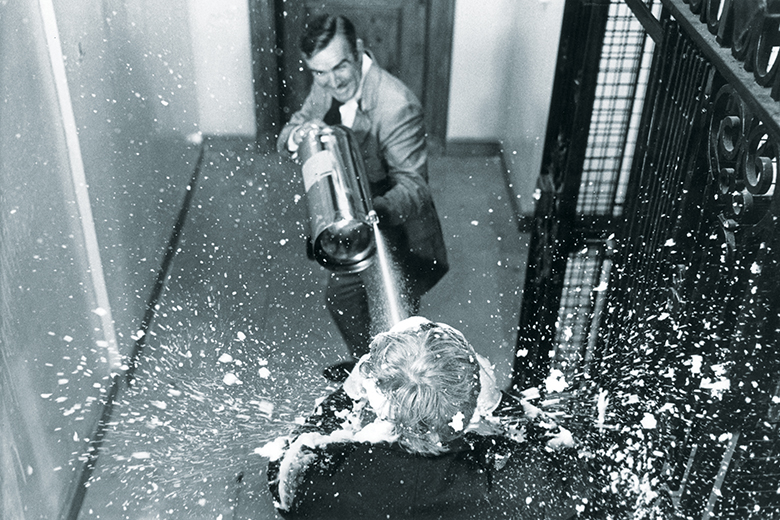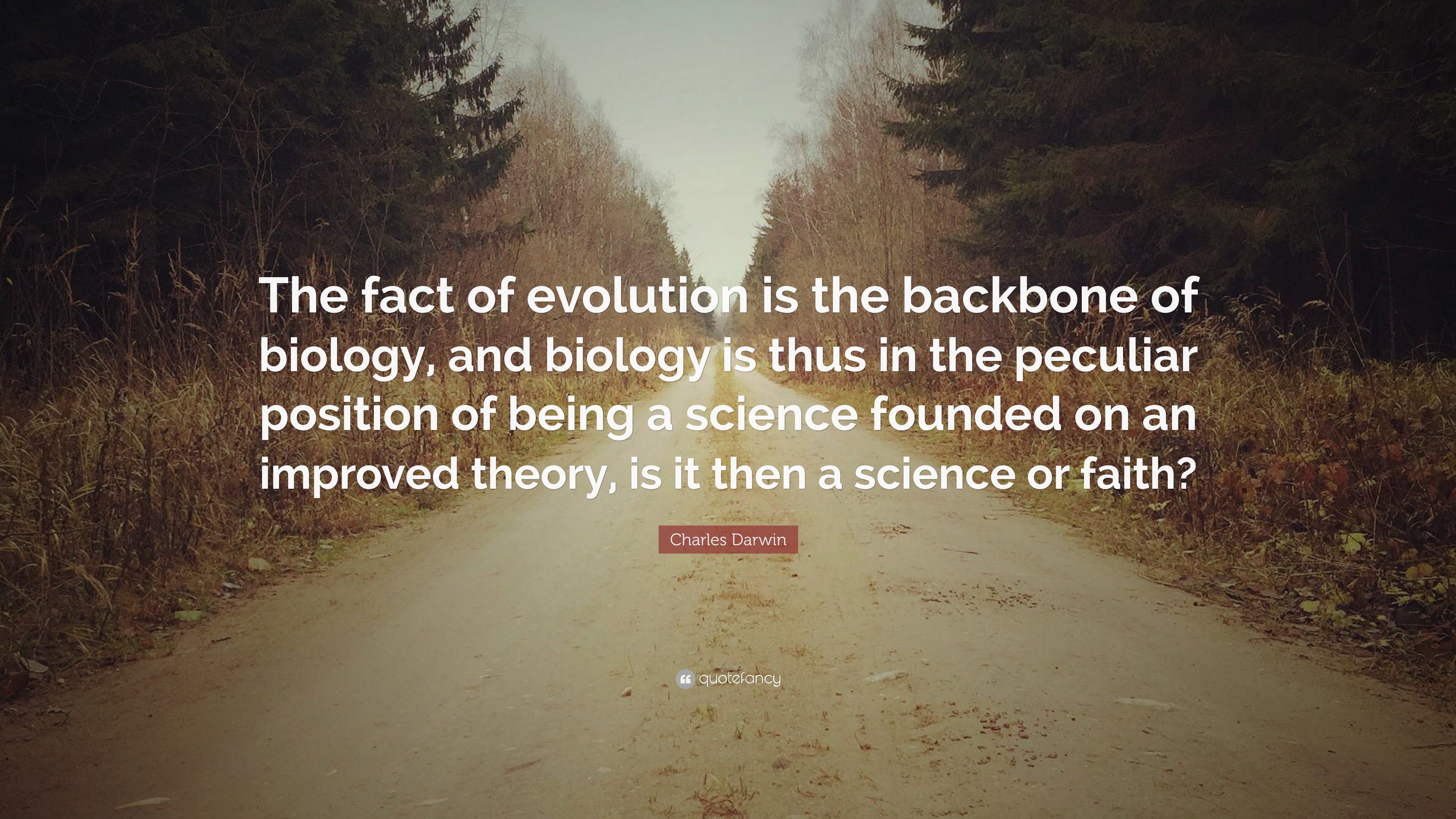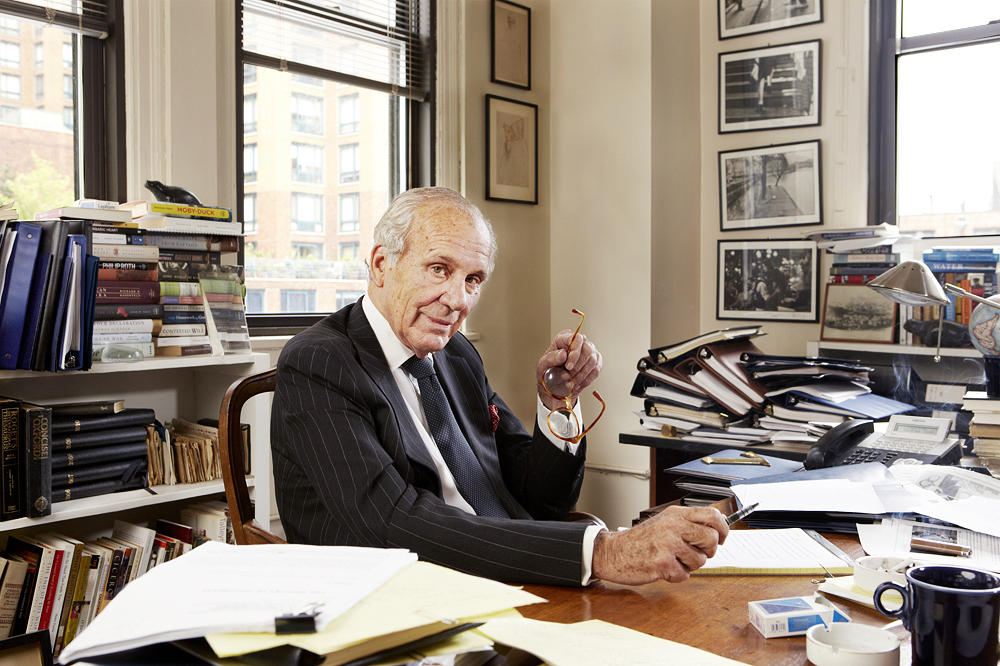Why Stephen Hawking gave up on a Theory of Everything
In 2012 Stephen Hawking abandoned belief in the ability of science to describe reality, in favour of a model-dependent account of truth. We tend to think it is the job of scientists to discover truths about the universe. Yet, Hawking rendered this an impossible task and came to argue that truth is an illusion. For Hawking, in the end, there was no idea of reality that made any sense. All we have are our models. Written by Paul Hoyningen-Huene. “Model-dependent realism” is a term coined by physicist Stephen Hawking in his 2010 book The Grand Design: New Answers to the Ultimate Questions of Life (co-authored with Leonard Mlodinow). The term denominates Hawking’s overall view of physics. Hawking had already articulated the main idea of this position in his 1996 debate with Roger Penrose (in The Nature of Space and Time, Chapter 7), but here he develops the idea more fully. Before explaining Hawking’s position, we should understand…
The post Why Stephen Hawking gave up on a Theory of Everything appeared first on Philosophy News.
I’m Manas Ranjan Sahoo: Founder of “Webtirety Software”. I’m a Full-time Software Professional and an aspiring entrepreneur, dedicated to growing this platform as large as possible. I love to Write Blogs on Software, Mobile applications, Web Technology, eCommerce, SEO, and about My experience with Life.





